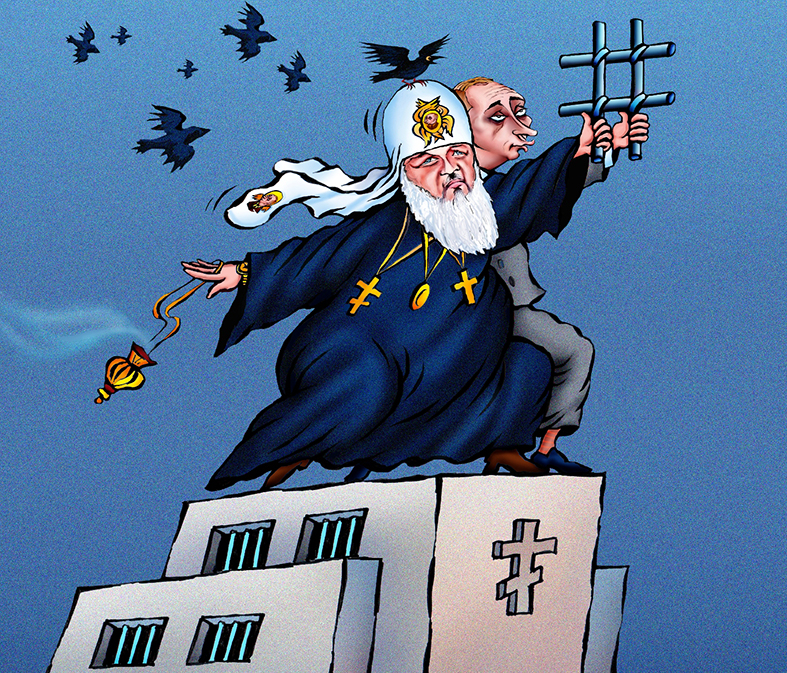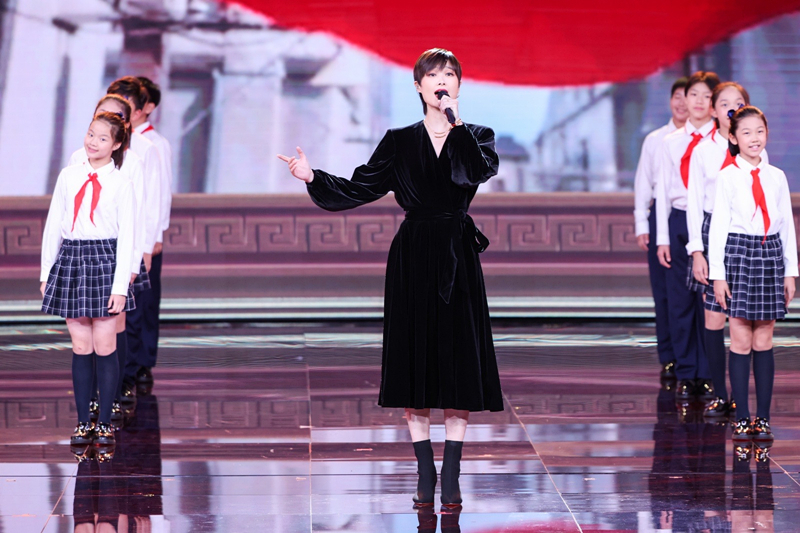Three important articles this week in the Moscow media suggest that the Russian Orthodox Church under Moscow Patriarch Kirill is ever less a religious organization and ever more one that recalls and is best understood by drawing analogies with the Communist Party of the Soviet Union.
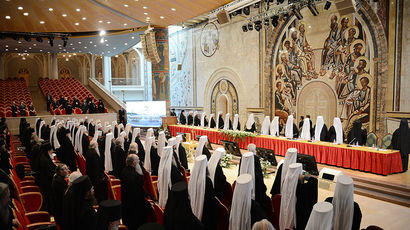
First, in an interview in “Novaya gazeta,” Boris Knorre, a specialist on religion at Moscow’s Higher School of Economics, describes the way “political orthodoxy” has become “an ideology justifying war with the entire world” and why “the temptation to feel oneself a hero of ‘a holy war’” is so great.
“Politicized groups close to the church existed throughout the 1990s,” but until 2004, they did not receive the support of the Moscow Patriarchate. In that year, then-metropolitan Kirill issued his “so-called doctrine of Orthodox civilization” based on the ideas of Samuel Huntington and encouraged the political orthodox to become more active.
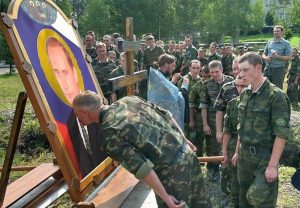
Kirill didn’t elaborate, but his aides and supporters did, with some arguing that political Orthodoxy requires that people “again learn to die and kill” and others arguing that the church should oppose a market economy and do everything possible to promote “the unity of the church, the people and the state.”
In Russia today, the state uses Orthodoxy and Orthodoxy uses the state, “and each step of one intensifies the response of the other.” One area where that is especially true is in foreign policy. “Imperial ideas of political Orthodoxy are quite popular in the church milieu,” Knorre says.
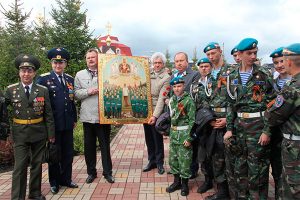
“The believers suffered greatly with the destruction of the USSR – in their consciousness, the Soviet space was sacred Russian land.” Not surprisingly, such people viewed the Kremlin’s actions in Crimea and Ukraine as a chance to realize a return. But they couldn’t have reached the audience they did had it not been for the state.
In many cases, the political Orthodox “would like more radicalization from the president, for example, on questions involving the isolation of the country from the Western world.” Such tensions, although Knorre doesn’t speak to this issue, recall those between committed communists and state pragmatists in Soviet times.
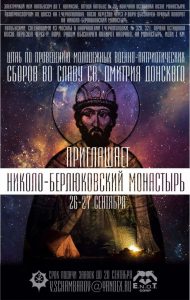
And Knorre’s words suggest that the Moscow Patriarchate has become part but not the only part of the ideological department of a new “central committee,” again in much the same way that communist ideologues had to coexist with diplomats and statist elements in Soviet times.
Second, in a commentary in Moscow’s “Gazeta” newspaper, Andrey Desnitsky, a specialist on religious affairs, draws a comparison between the way in which the Moscow Patriarchate conducts its business and the way the CPSU did in Soviet times.
“When I was a child, congresses of the CPSU assembled in the capital. Participants reported about successes and denounced enemies, and shared a feel of deep satisfaction and sang the praises of dear comrade Leonid Ilich personally. This was the highest, the most powerful forum … which discussed nothing and which decided nothing.”
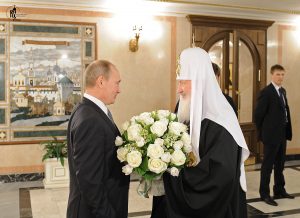
Everything was behind the scenes and everything that could be seen was largely meaningless, Desnitsky says. What happened to the CPSU, of course, is well known. But what is tragic is that “now something very similar is happening in church life.” There are enormous problems, but the top has made it clear that “now is not the time for discussion.”
And in the third, Vadim Balytnikov, in “NG-Religii,” talks about the way in which the ideological passions of some in the church and the sense that the church is losing its sway over the laity leads to periodic drives to “cleanse” the priesthood in the hopes of recovery or at least in the hopes of avoiding a revolution from below.

